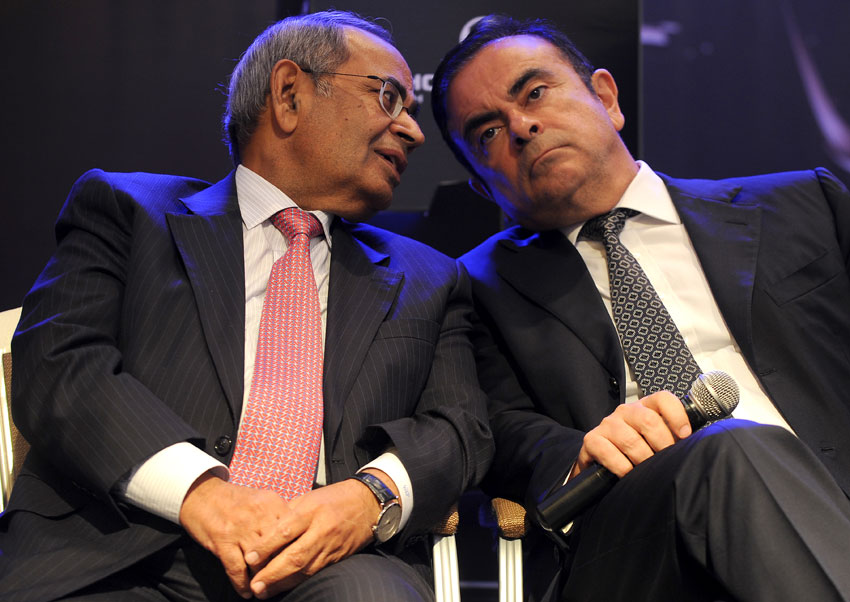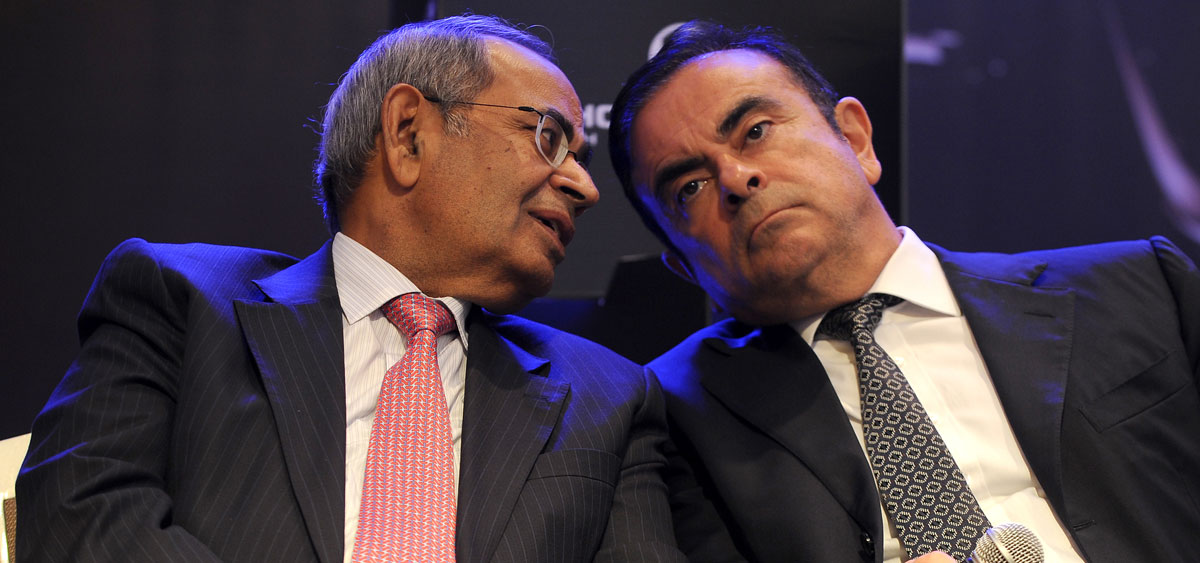BUDGET PRAGMATIC BUT LACKS INCENTIVE FOR NRIs

G.P. Hinduja, co-chairman of the Hinduja Group, hailed the Indian Budget as “pragmatic and prudent” but lamented the lack of incentive for NRIs who he termed as the “natural resource base” of the country, Feb. 29, writes H.S. Rao. (@Siliconeer, #Siliconeer, #GPHinduja, #India, #2016IndiaBudget, #Hinduja)
“Every budget has two sides. It is impossible to satisfy everyone but one has to look to the basics, whether the budget is going to help the economy,” Hinduja said.
“Looking to the demand for fiscal reforms on one side and the challenge of global headwinds on the other, the government’s decision to adhere to fiscal consolidation makes the budget pragmatic and prudent,” he said.
The Budget for 2016-17 offered sops for small and marginal income tax payers, hiked the surcharge by 3% on earnings above Rs. 1 crore and envisaged a huge spending of Rs 1.77 lakh crore in rural areas to address the agrarian distress among other steps.
On the positive facets of the budget, Hinduja said, “Coupled with agriculture, rural and infrastructure spending, plus roads and highways, the economy will have a resultant effect of bottom-up demand and generation of job creation.”
“The auto sector will stand to benefit by the proposed amendment to the Motor Vehicles Act to allow private sector participation in passenger vehicles segment,” he said.
On government’s move to come out with one time four-month compliance window for domestic black money holders to come clean by paying tax and penalty of 45%, Hinduja said, “The amnesty window for unaccounted money is a good initiative. It could have been more effective if the percentage of penalty was lower.”
Jaitley, however, has made clear that the compliance window is neither Voluntary Disclosure of Income Scheme nor amnesty.
“Tax on dividend above Rs. 10 lakh is a big disincentive to promoters and large investors. Bank recapitalization is a welcome move,” Hinduja said.
“However, we don’t see any incentive for NRIs who are the natural resource base of the country,” he added.


